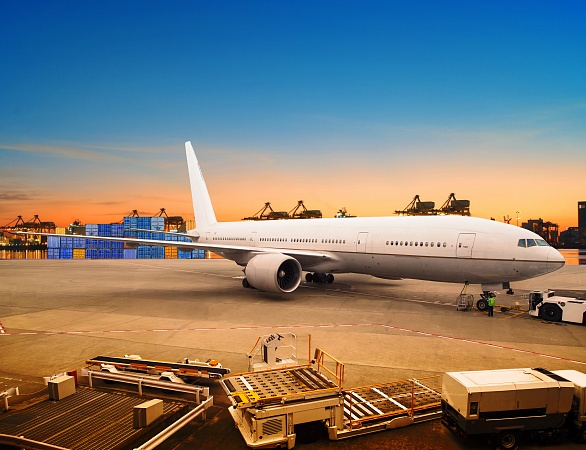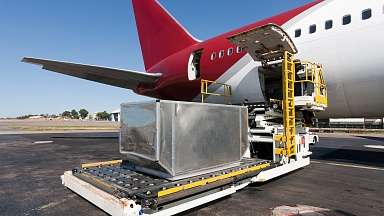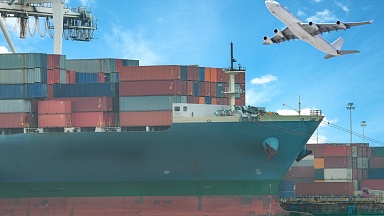Speaking at Flexport’s latest freight market update webinar earlier this week, Camille Carenton, the company’s FEWB air trade lane manager for Europe, said: “Globally, demand has become stronger and stronger, with a lot of ocean to air conversion, especially on the Far East westbound, which has tightened capacity even more. The ‘super’ peak season is going to last until at least the end of December and is even expected to last until Chinese New Year at the end of January.”
She noted that passenger flight capacity on the FEWB lane is still down approximately 46% from pre-pandemic levels and not forecast to resume to full operational position before mid-2022. Other commentators believe that capacity will take far longer to return to pre-Covid levels, including various estimates of 2023 and 2024.
Meanwhile, “erratic” lockdown measures and Covid-related restrictions in China and in Southeast Asia has led to rates “going up and down on the spot markets in a crazy way” and “terminal backlogs are evident across all key hubs. These market dynamics are putting pressure on rate levels and stretching transit times, both for the Q4 ‘super peak’ and into 2022.”
Airport congestion in Europe
Turning to airport congestion in Europe, notably at the London, Frankfurt and Amsterdam air cargo hubs, Carenton observed: “It all started in Frankfurt and has had a snowball effect, creating a very tight (ground handling) situation in most of the main airports in Europe.“At London Heathrow, we are suggesting (to customers) to avoid the WFS terminal, which is the most congested one; and if you are using an airline which is going to this terminal you need to expect an increase of two to four days in transit times.
“At Frankfurt, the congestion is not getting better and we are expecting a five to seven day increase in transit times. For Amsterdam, we are still at a two to three day increase, but it’s getting more and more tight, mostly due to the fact that ground handling agents are finding it difficult to process all of the cargo which is coming in for the holiday season.”
She said Flexport was using Liège in Belgium and Paris-CDG as less-congested alternative gateways to Amsterdam and Frankfurt.
Focusing on the transatlantic market, Carenton commented: “With Thanksgiving and Black Friday upon us and with Christmas arriving in a month, we are still seeing a lot of congestion at the main US airports of New York, Los Angeles, Chicago. This was adding 3-5 days to transit times.
“But the fact that passenger flights are now coming back is allowing us to add a bit more capacity on the market. Capacity transiting via secondary hubs in the US is reducing the pressure across all hubs and we still strongly recommend using them.”
Carenton said Flexport’s policy was “to target airlines based on airport terminal capabilities to avoid congestion as much as possible and to reduce the amount of loose cargo as it is taking a bit more time right now to get customs cleared.”
Flexport is also advising customers to make bookings “at least three to four days before your cargo ready date (CRD). We would even strongly suggest seven days (in advance of CRD) in order to get to the best route and the best rates.”
Asked on the outlook in January for pre-Chinese New Year rates versus peak December prices, Carenton noted: “We don’t have a crystal ball. But the capacity (situation) is not going to get better in January. So, we are not foreseeing a big change in rates between December and January. We think the ‘super peak season’ is going to stay strong until Chinese New Year.”
Asked about whether the current measures in place in Hong Kong to quarantine pilots was having an impact on capacity and rates, Carenton replied: “The impact is minor right now, but I’m not saying it will remain the case. Most of the airlines who have been impacted by these quarantine measures are now training their passenger flight pilots to be able to also fly freighters in order to avoid a shortage.”




